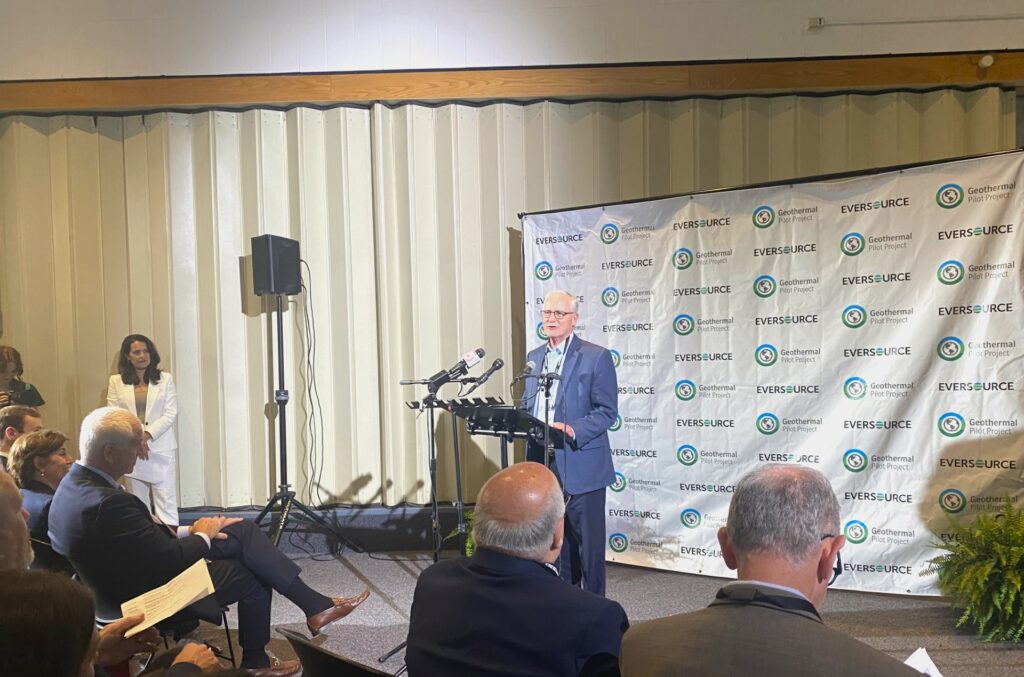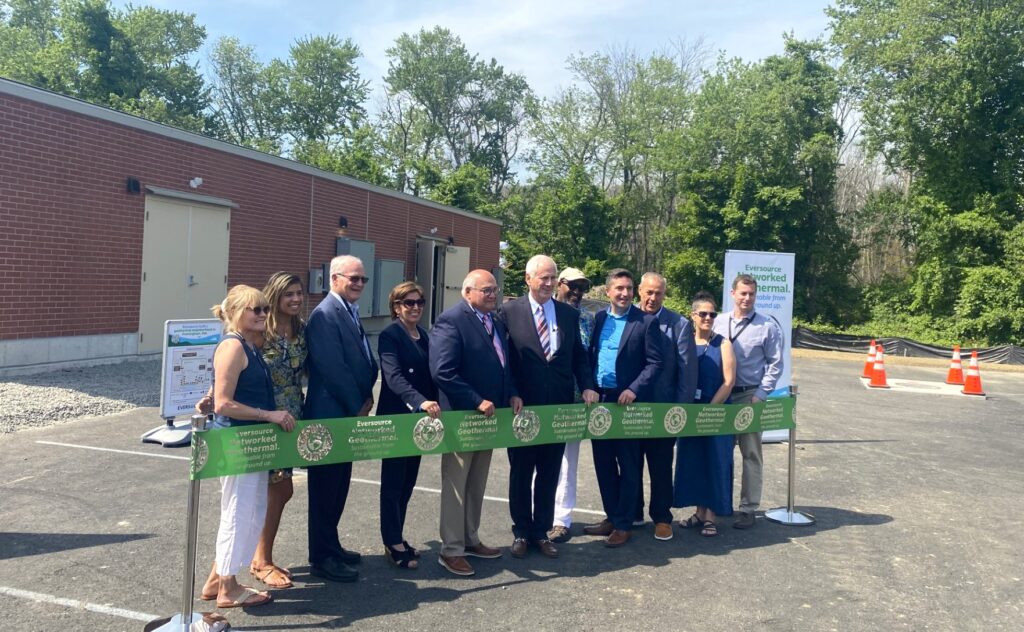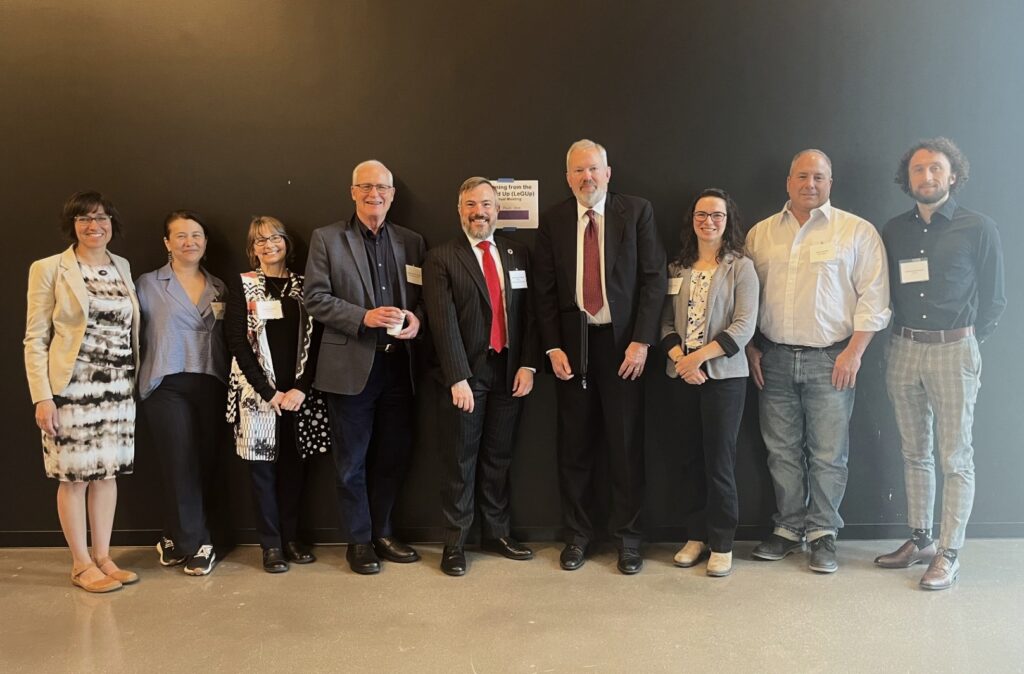GBH
The Senate on Tuesday approved another complex set of reforms to accelerate the spread of clean energy in Massachusetts, along the way hearing concerns about potential ratepayer burdens and embracing an expansion of the state’s bottle redemption law.
“The energy grid needs updating. It needs renewing every 30 years. But it’s pretty boring stuff,” said State Senator Mike Barrett, adding that it’s decarbonization of buildings and vehicles that gets his constituents excited. “It’s a source of emotional reinforcement, to the people who vote for me, that we’re not only doing the esoteric thing — which is the grid; important, but exotic — we’re also getting off fossil fuels with respect to cars and houses.”
Read More


